Wine might be a delightful evening companion for humans, but it poses serious dangers to our four-legged friends. Understanding these risks isn’t just helpful—it could save your dog’s life.
Dogs metabolize alcohol completely differently than humans do. Their bodies lack the enzymes needed to process alcohol safely, making even small amounts potentially toxic. Let’s explore the five major hazards that make wine a dangerous treat for dogs.
1. Alcohol Poisoning: The Primary Threat
Alcohol poisoning is the most immediate danger when dogs consume wine. Unlike humans, dogs have much smaller body weights and faster absorption rates, meaning alcohol enters their bloodstream quickly.
Even a few sips can cause symptoms like vomiting, diarrhea, difficulty breathing, and loss of coordination. Severe cases can lead to coma or death. The smaller your dog, the greater the risk from minimal amounts.
2. Central Nervous System Depression
Wine directly affects your dog’s brain and nervous system. Alcohol acts as a depressant, slowing down vital functions that keep your pet healthy and alert.
You’ll notice symptoms like confusion, drowsiness, and difficulty walking. In severe cases, dogs may experience seizures or lose consciousness entirely. These effects can appear within 30-60 minutes of consumption.
3. Dangerous Blood Sugar Drops
Alcohol consumption can cause hypoglycemia—dangerously low blood sugar levels—in dogs. This condition develops rapidly and requires immediate veterinary attention.
Signs include weakness, trembling, and disorientation. Small breeds and puppies face higher risks due to their limited glucose reserves. Without prompt treatment, hypoglycemia can lead to seizures and organ failure.
4. Respiratory and Heart Problems
Wine affects your dog’s cardiovascular and respiratory systems in dangerous ways. Alcohol can depress breathing rates and cause irregular heartbeats.
Watch for symptoms like slow or labored breathing, pale gums, and weak pulse. These signs indicate your dog’s body is struggling to maintain normal function. Immediate veterinary care is essential.
5. Additional Toxic Ingredients
Many wines contain ingredients beyond alcohol that harm dogs. Sulfites, used as preservatives, can trigger allergic reactions and breathing problems in sensitive dogs.
Grapes, obviously present in wine, are highly toxic to dogs and can cause kidney failure. Even wines with artificial grape flavoring may contain compounds that pose risks to canine health.
What to Do If Your Dog Drinks Wine
If your dog consumes wine, contact your veterinarian immediately. Don’t wait for symptoms to appear—early intervention saves lives.
Never induce vomiting unless specifically instructed by a veterinary professional. Keep your dog calm and monitor their breathing and heart rate while seeking emergency care.
Key Takeaways
Wine and dogs simply don’t mix. The alcohol content alone makes wine dangerous, but additional ingredients create multiple layers of risk. No amount of wine is safe for dogs—their bodies cannot process alcohol like humans do.
Keep wine and all alcoholic beverages securely stored away from curious pets. If you’re hosting parties, remind guests not to share drinks with your dog. When in doubt, stick to fresh water and dog-safe treats to keep your furry friend healthy and happy.








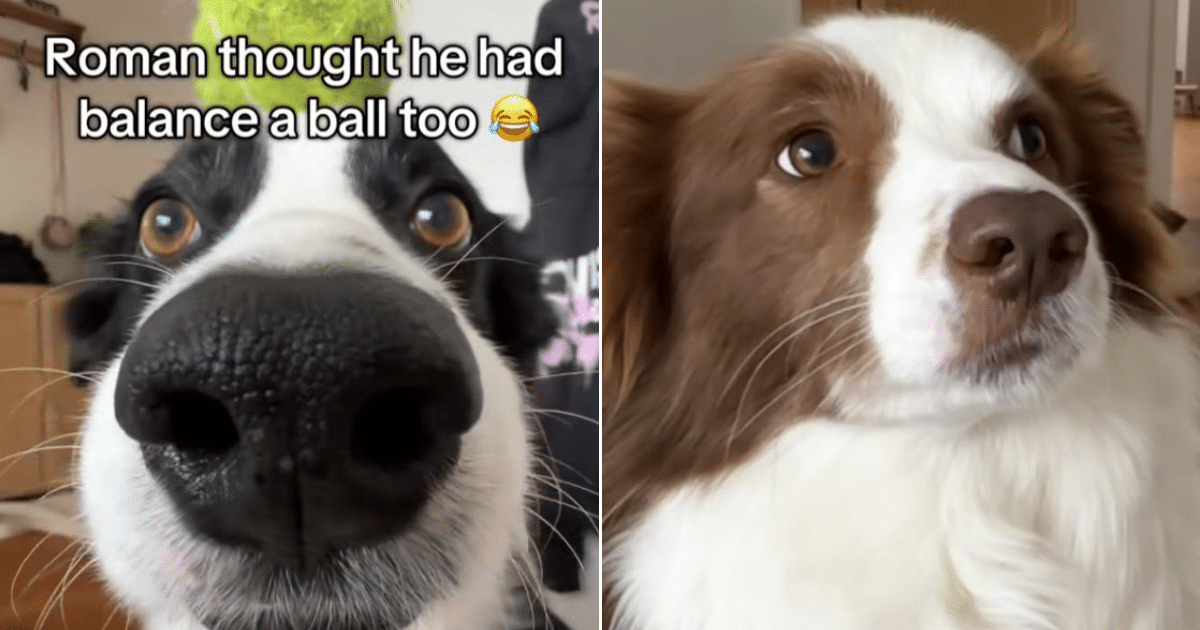
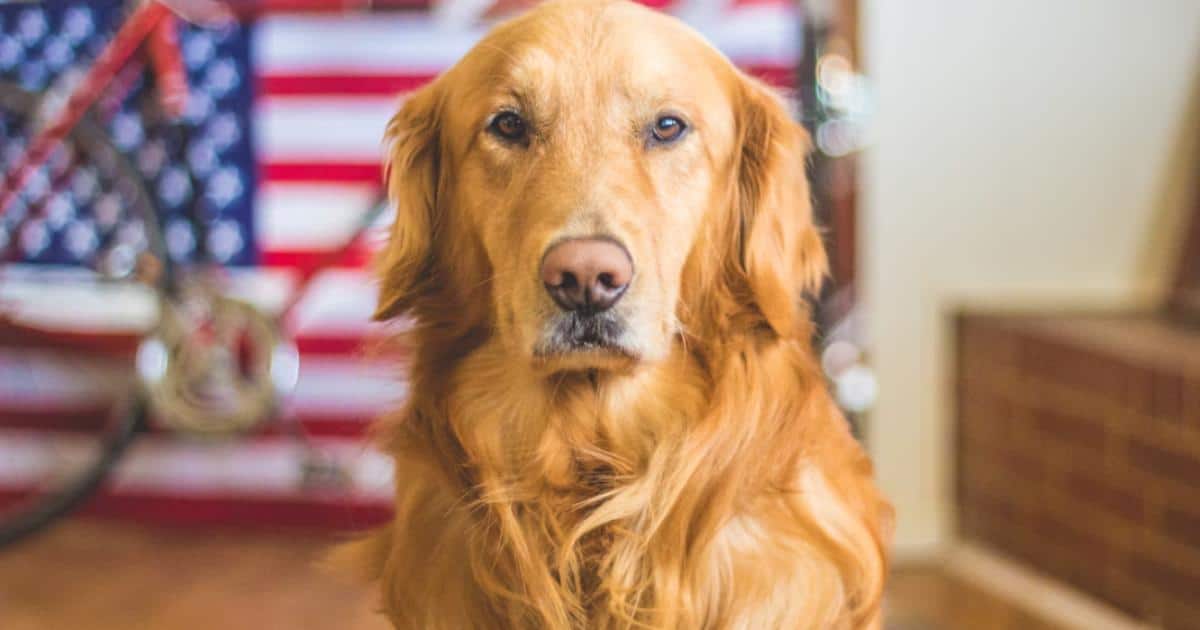
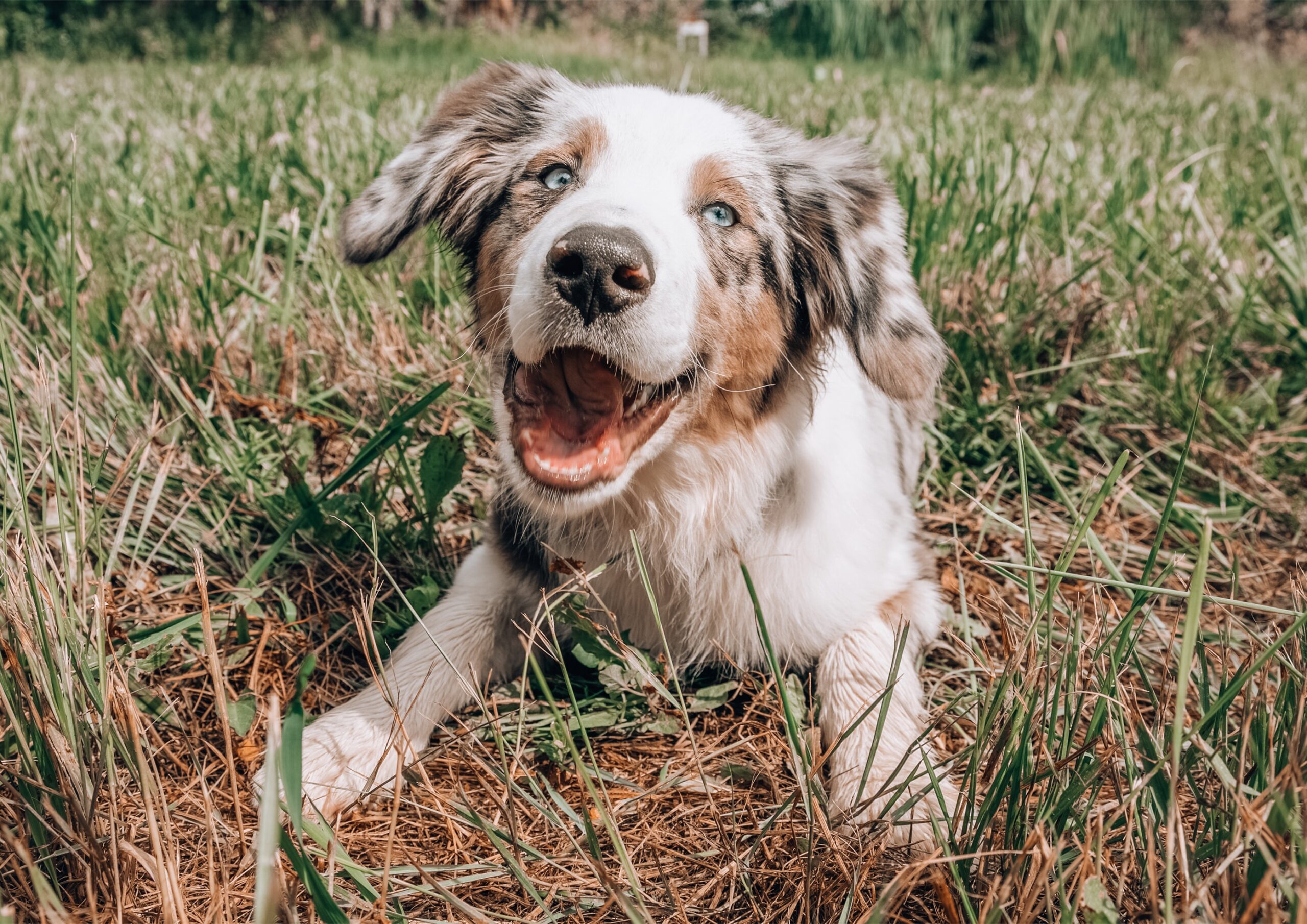
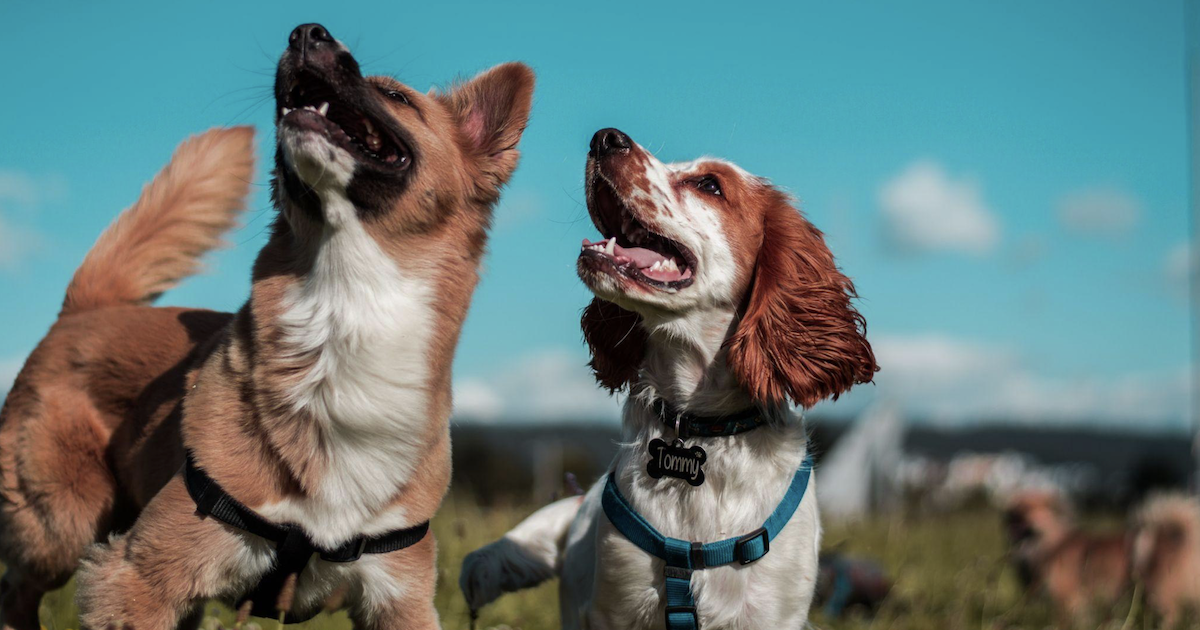




![Taste of the Wild vs. Royal Canin: Who Wins? [2025]](https://iheartdogs.com/wp-content/uploads/2023/09/dog-1116666_1280.jpg)
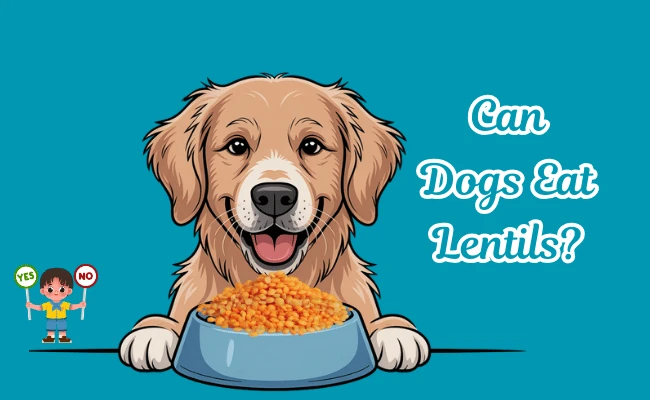
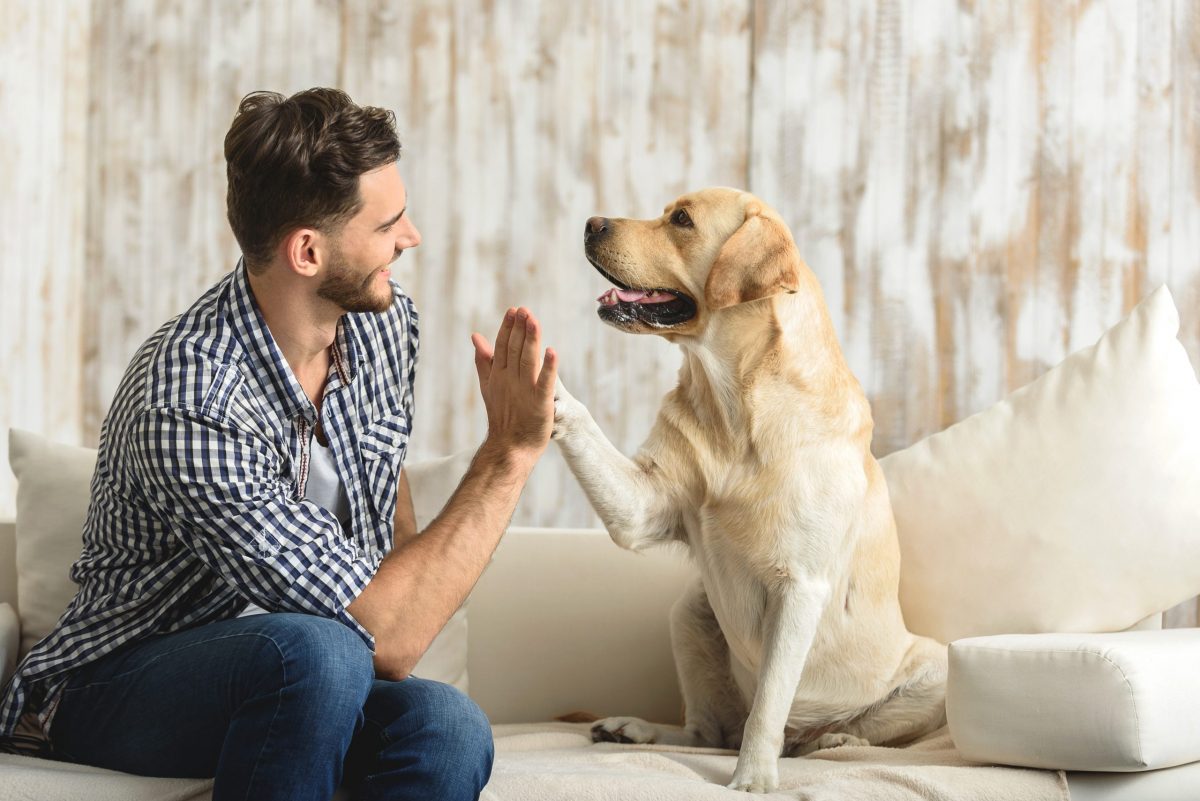
 English (US) ·
English (US) ·